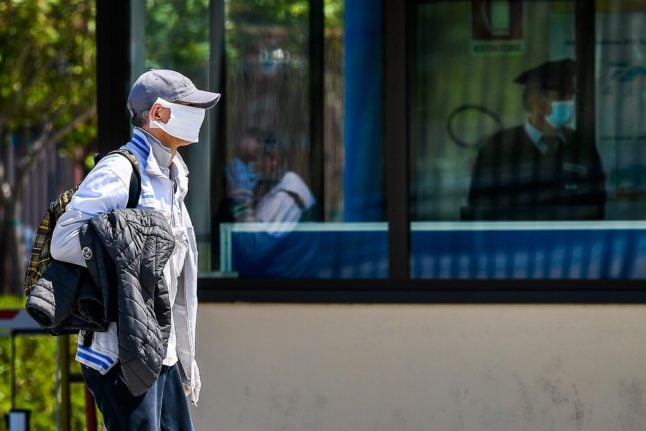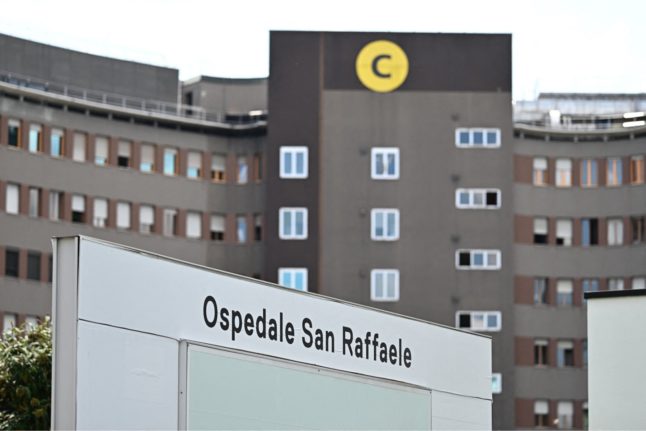Regional president Marco Marsilio signed the order on Tuesday evening, reportedly deciding not to wait until Friday for the latest report from the Higher Health Institute (ISS) as the situation in the region has worsened.
The stricter measures came into effect after midnight, on Wednesday.
Usually, changes to the tiered system are decided by the health ministry based on the weekly reports from the ISS.
READ ALSO: Where to find the latest Covid-19 information for your region of Italy
But this time health minister Roberto Speranza agreed that the region could sign an ordinance bringing in stricter rules before the health ministry's nationwide review, as the local health authority argued that previous orange level restrictions were not enough in light of the latest health data, Italian media reports.
Abruzzo recorded 729 new cases and 13 recent deaths in the previous 24 hours.
However the most significant figure is thought to be hospitalizations, of which there 26 more. The region reported 43.7% of its intensive care beds are occupied.
Under Italy's latest emergency decree, a national three-tier framework means some of the Covid-19 rules now differ based on where you are in Italy.
Regions are now divided into three categories: red, orange and yellow, under a new system based on how severe the coronavirus situation is locally.
People in the highest-risk zones are told to stay within their comune, or municipality, and are only allowed to leave for work, study, health or other essential reasons, as Italy brings in the strictest measures since its two-month spring lockdown was eased.
The tier system had already been updated twice at a national level since it was introduced on November 6th.
The further restrictions applicable to red zones include tighter travel restrictions and online learning for students above the second grade of middle school.
What are the red zone rules?



 Please whitelist us to continue reading.
Please whitelist us to continue reading.
Member comments